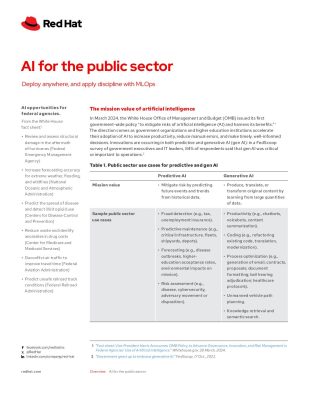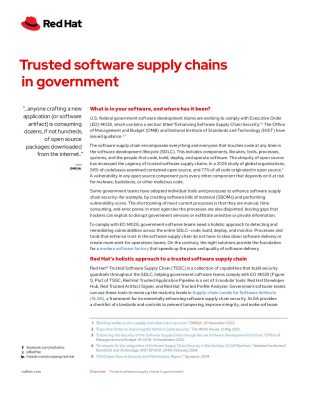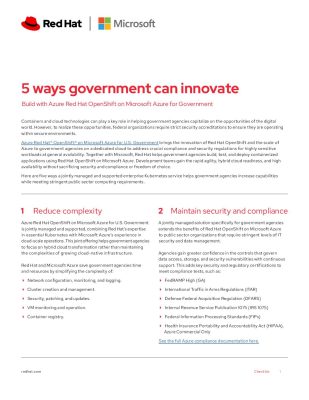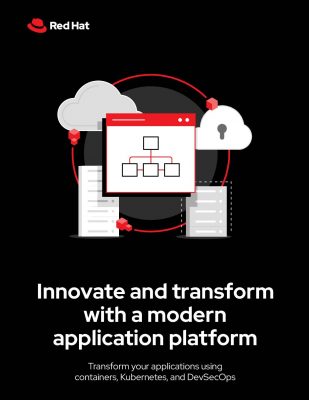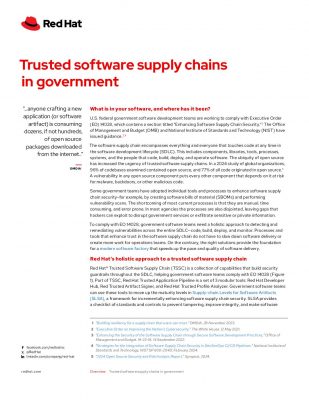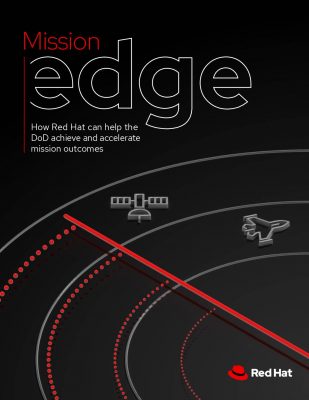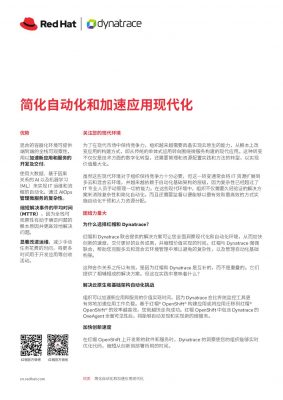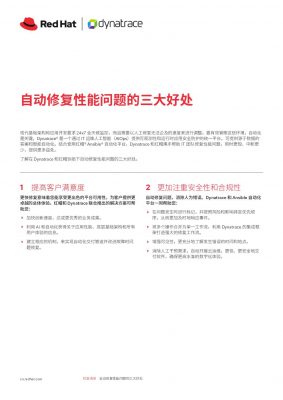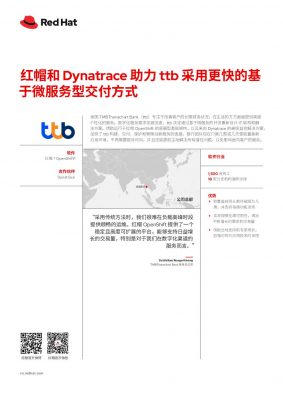Highlights:
- Modal offers a competing online learning platform tailored to sharpening technical skills among enterprise employees.
- The company positions its offering as a cost-effective substitute for traditional employee training platforms.
Modal Learning Inc., a fledgling company aiding enterprises in empowering their workforce with new technical expertise, has successfully concluded an early-stage funding round. Modal secured USD 25 million to bolster its expansion endeavors.
In a recent announcement regarding the Series A round, the company revealed that Left Lane Capital and Ensemble VC took the lead as primary investors. Additionally, Signalfire and Learn Capital joined in the investment. With this funding, the company’s total external financing now amounts to USD 32 million.
Dennis Yang and Darren Shimkus, two former Executives of Udemy Inc., founded Modal in 2021. Udemy, an online learning platform that is listed on the Nasdaq, helps users become familiar with subjects like marketing, programming, and music composition. Shimkus directed its employee training sector, while Yang served as the company’s chief executive before its initial public offering.
Modal offers an alternative online learning platform tailored specifically to assist enterprises in augmenting their employees’ technical proficiencies. Presently, it features six curated sets of courses. Among these, one concentration centers on generative artificial intelligence, while the remaining tracks focus on data management and analytics.
The courses exhibit diverse levels of complexity. For instance, Modal’s generative AI training program instructs participants on tasks like prompt writing, which don’t necessarily demand coding expertise. Conversely, the company’s data science courses delve into more technical subjects, such as SQL query development.
Modal’s platform offers an integrated coding tool for individuals enrolled in technical courses. This tool includes functionalities for managing various versions of a code file that learners generate while completing programming tasks. Moreover, Modal asserts that users can directly access guidance from coaches within the interface.
The company presents its service as a more economically viable option compared to established employee training platforms.
In numerous enterprises, a restricted number of employees enroll in training programs concentrating on technical subjects like data science. However, Modal highlights that these courses are frequently bundled into a universal subscription, granting access to learning content for the entire organization or department. Such acquisitions may result in unnecessary expenses if all user seats are not fully utilized.
Modal does not offer its learning content through a subscription model; instead, it sells credits. Companies consume credits only when employees complete a course successfully, including a capstone project upon course completion.
“Having been in the industry for two decades, I’ve seen how organizations spend their money offering subscriptions to all their employees, but only 2% to 3% of those employees would complete a course. At Modal, we only charge companies when employees actually graduate, demonstrating their new skills,” said Modal’s Shimkus.
Modal asserts that its value proposition has already attracted over 100 customers, including numerous Fortune 1000 members. The company plans to utilize the recently announced funding round to expand its customer base, recruit additional employees, and improve its platform.

